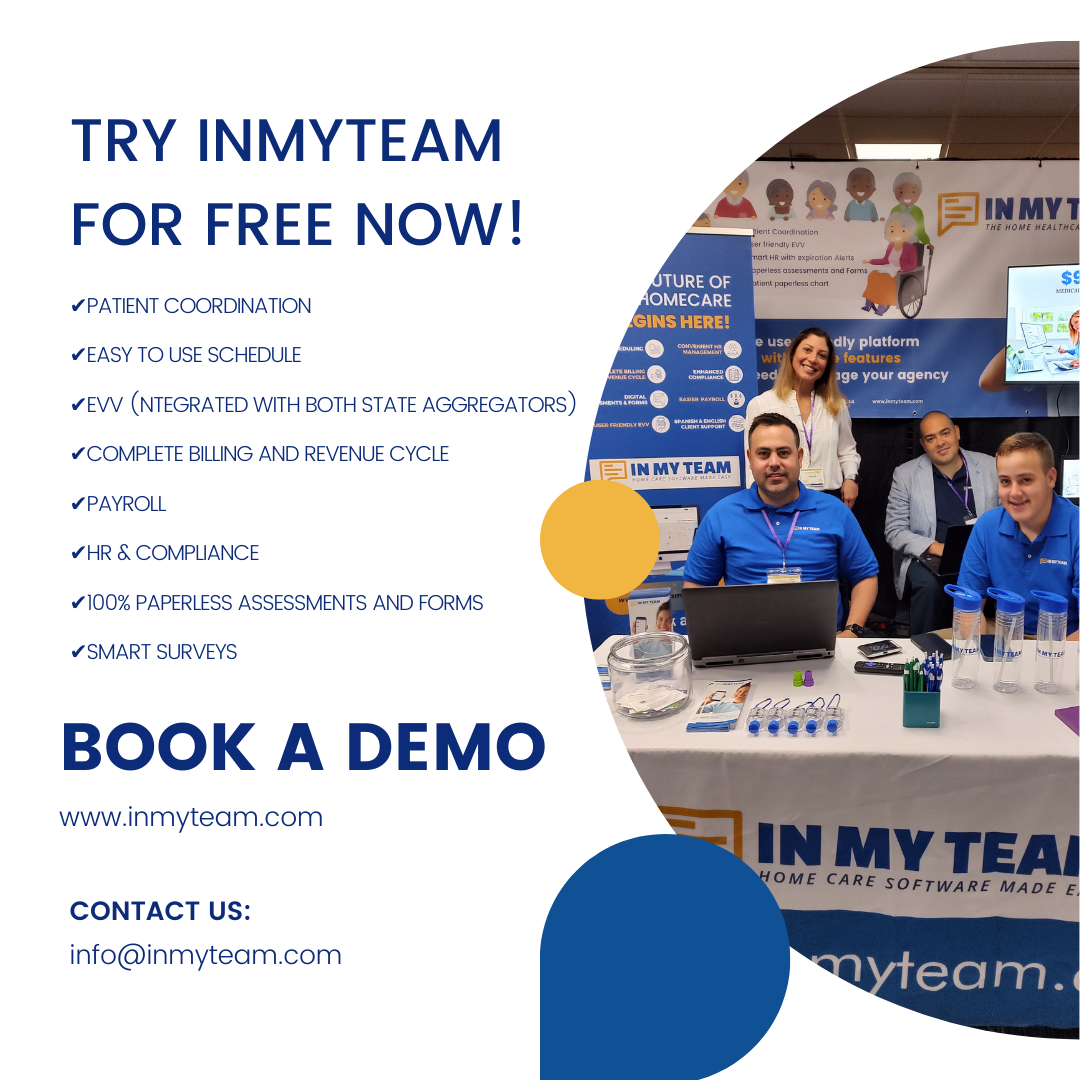Not sure what the difference is between a Nurse Registry and a Licensed Home Health Care Agency? In this blog post we will give you some bullet points that will help you make a more informed decision when deciding which model is better for you.
Spoiler alert: it’s easier to operate a Nurse registry, but there are some trade-offs.
There are a few key differences between licensed home health care agencies and nurse registries. Licensed home health care agencies must follow state and federal regulations, whereas nurse registries are only required to follow state regulations. This means that licensed home health care agencies must meet higher standards when it comes to things like employee screening, patient rights, and infection control. Additionally, licensed home health care agencies typically offer a wider range of services than nurse registries. Let’s check some of the main differences:
Licensed home health care agencies must follow state and federal regulations, nurse registries only required to follow state regulations
If you’re trying to decide between a licensed home health care agency and nurse registry, it’s important to know the difference between the two. A licensed home health care agency must follow state and federal regulations, while a nurse registry is only required to follow state regulations. This means that a licensed home health care agency will have more oversight and may be better able to provide higher quality care. However, it also means that they may be more expensive than a nurse registry.
Additionally, licensed agencies must undergo regular inspections and meet certain standards set by the state in order to operate. As such, they may be subject to more stringent regulations than nurse registries.
Licensed home health care agencies must meet higher standards in employee screening, patient rights, and infection control
There are a few key differences between licensed home health care agencies and nurse registries. First, licensed home health care agencies must meet higher standards in employee screening, patient rights, and infection control. Second, licensed home health care agencies are typically government-regulated, while nurse registries are not.
For nurse registries, all field staff must be contractors – so less payroll expense without taxes, benefits, health insurance, PTO, worker’s comp, FMLA…etc. Less overhead, so you can charge less which is appealing to the patient population. They get more hours for their money working with registries.
Nurse Registries are not allowed to train home health aides, whereas home health agencies can.
Licensed home health care agencies typically offer a wider range of services than nurse registries.
Nurse registries are able to provide skilled Medicaid services for nursing and personal care, but they are not required to be accredited like home health agencies. This is very appealing to some people because accreditation costs can be high and the standards can be difficult to maintain.
Although some insurance companies will contract with Registries, it is very limited. Home Health agencies have the ability to contract with all open network insurance companies
Some home health agencies are doing the Nurse Registry business model. Some use it as a means to recruit HHA’s and/or other staff. Some use it for filling staffing gaps when an HHA is on vacation or leave. Some use it to provide “needed” care for patients that need more hours than the HHA can provide.
There is the obvious difference – that Nurse Registries cannot bill Medicare, ever.
Finally, licensed home home health care agencies usually provide more comprehensive services than nurse registries. Licensed home health care agencies provide continuity of care and coordinate all aspects of the patients’ recoveries whereas nurse registries primarily just focus on providing Nurses and Home Health Aides.
Key takeaways
Nurse Registries it is much easier to operate and run, with less regulations, less required documentation, less overhead required… However, the Registry has less control over the patients, and has to be comfortable with the contractors care of the patients. Although the registry does the “staffing” for the patient, since the staff are contractors, there is less management and oversight allowed.
One of the benefits of working with a registry is that they often have a larger pool of potential caregivers to choose from. However, this also means that the registry has less control over who is providing care for the patient. The patient may be more comfortable with a caregiver who is backed by an agency, rather than someone who is contracted through a registry. This may be because home health agencies have more credibility, or because patients feel more comfortable with an agency that can offer more comprehensive care.
If this article was useful for you, don’t forget to share!
Don't have InMyTeam Yet?
There are just a few Home Care software toolkits in the market today. InMyTeam is an “All-In” solutions designed to help your Home Care Agency grow faster in the digital age.
INMYTEAM tackles all the industry pain points with a solution that helps providers grow their business, retain employees, deliver better care and optimize operations. With customizable features and modules to fit Long Term Care and Skilled Service Home Care lines of service, with Medicaid Managed, Veteran Affairs. Private Duty and other Commercial Insurances.
- Our platform has been designed to support all type of Agencies in Home Care and all your lines of service.
- Our prices are designed in tier levels based on active patient count to fit any agency budget.
- Our Customer Service and Support is offered in Spanish and English.
- Our Implementation Process offers the additional service of data migration to minimize the impact on daily operations for big agencies.
- Our solution offers a web base management platform, a caregivers mobile app, a nurse portal and HR application portal.
- Patient Coordination, HR Management, Billing, Payroll, Reports, EVV, Digital Caregiver Notes & Nurse Supervision and Assessments.



